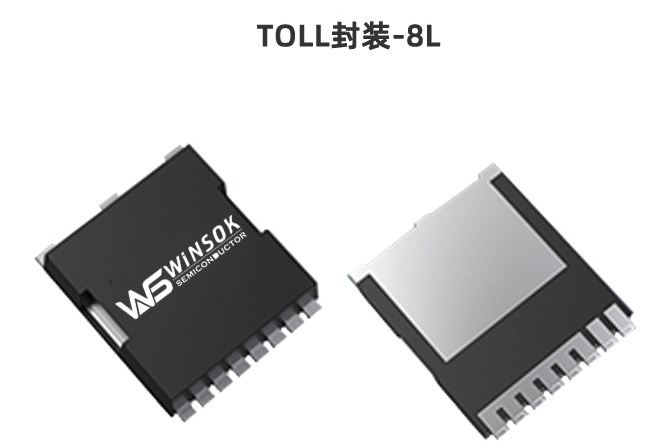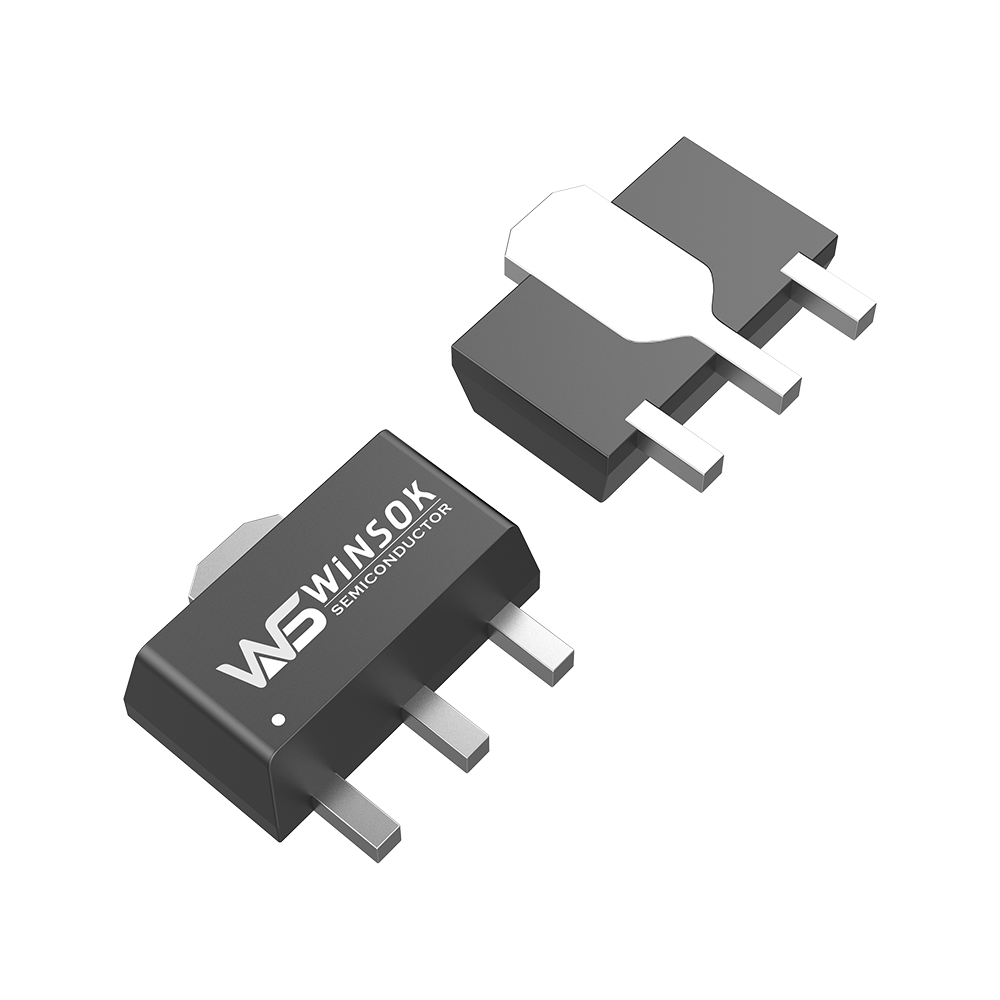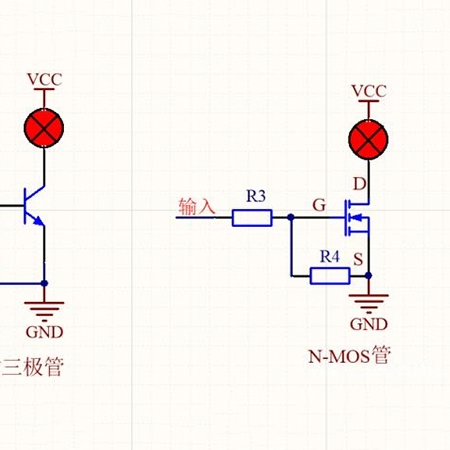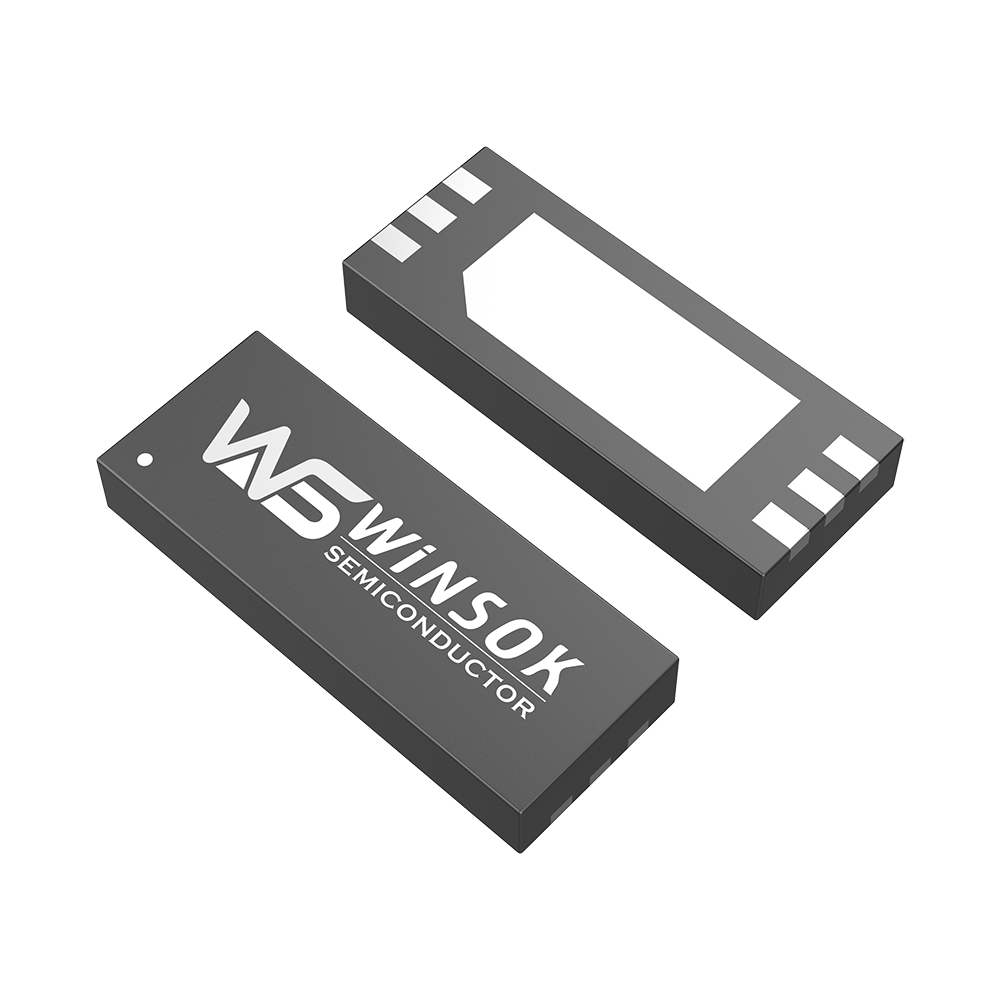When designing a switching power supply or motor drive circuit with a mosfet, most people will consider the on-resistance of the mos transistor, the maximum voltage, and the maximum current, but that's all they will consider. Such a circuit may work, but it is not a high quality circuit and is not allowed to be designed as a formal product.


The most significant feature of mosfet is switching, so it can be widely used in various circuits that require electronic switching, such as switching power supplies and motor drive circuits. Nowadays, mosfet application circuit situation:
1, low voltage applications
When using 5V power supply, if the traditional totem pole structure is used, due to the voltage drop of the transistor be is only about 0.7V, the actual voltage finally loaded on the gate is only 4.3V, at this time, if we choose a mosfet with a voltage of 4.5V, the whole circuit will have a certain risk. The same problem will occur when using 3V or other low-voltage power supply.
2, wide voltage applications
In our daily life, the voltage we input is not a fixed value, it will be affected by time or other factors. This effect will cause the pwm circuit to provide a very unstable driving voltage to the mosfet. So in order to allow mos transistors to operate safely at high gate voltages, many mosfets nowadays have built-in voltage regulators that limit the gate voltage. At this point, when the supplied drive voltage exceeds the voltage of the regulator, a significant amount of static power consumption occurs. At the same time, if the gate voltage is simply reduced using the resistor voltage divider principle, the input voltage will be relatively high and the mosfet will work well. When the input voltage is reduced, the gate voltage is insufficient, resulting in incomplete conduction and increased power consumption.



























